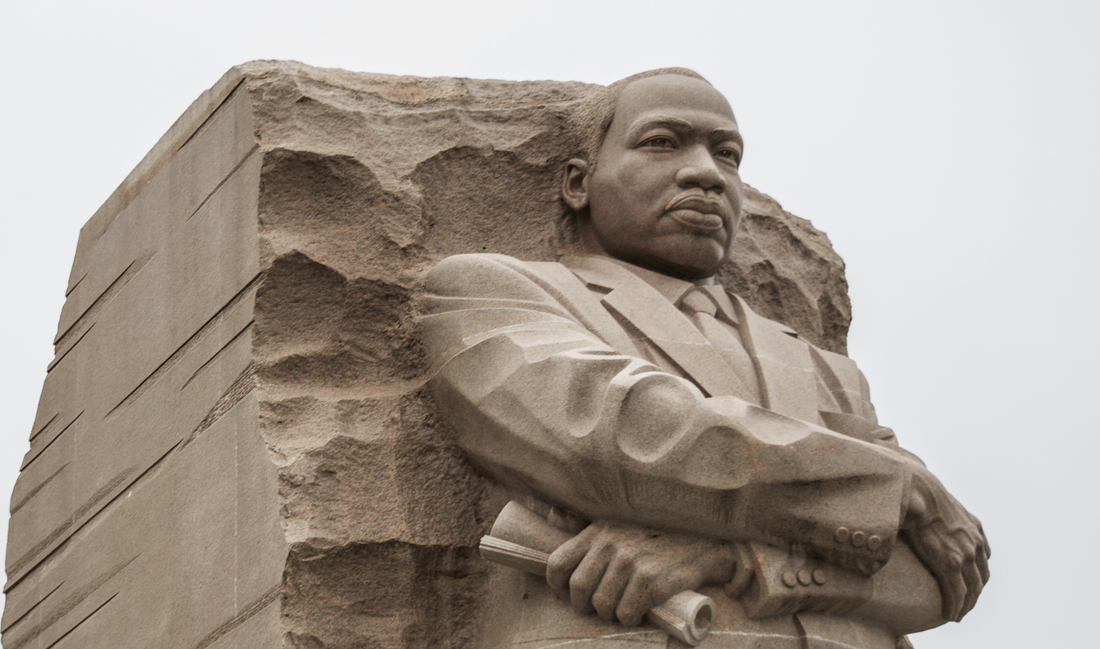
The Civil Rights Movement: Courageous Voices and the Fight for Equality in the USA
Share
The Civil Rights Movement was a pivotal moment in American history, marked by the courageous voices of activists who fought for racial equality and justice. From the Montgomery Bus Boycott to the March on Washington, the Civil Rights Movement was a period of significant social and political change. In this article, we will take a deep dive into the Civil Rights Movement, exploring the key players, events, and outcomes that shaped modern America.
Origins of the Civil Rights Movement
The Civil Rights Movement was a response to the systemic racism and discrimination that existed in the United States for centuries. It was driven by a desire to create a more just and equitable society for African Americans.
Jim Crow Laws
One of the key drivers of the Civil Rights Movement was the system of Jim Crow laws that existed in the South. These laws enforced segregation and discrimination, and limited the rights of African Americans in many areas of life.
Brown v. Board of Education
Another important event that helped to drive the Civil Rights Movement was the Supreme Court's decision in Brown v. Board of Education. This decision declared that segregation in public schools was unconstitutional, and paved the way for greater integration and equal access to education.
Key Players of the Civil Rights Movement
Martin Luther King Jr.
One of the most important figures of the Civil Rights Movement was Martin Luther King Jr. King was a Baptist minister and civil rights activist who played a central role in many of the key events of the movement, including the Montgomery Bus Boycott and the March on Washington.
Rosa Parks
Another key player in the Civil Rights Movement was Rosa Parks. Parks was a civil rights activist who became famous for refusing to give up her seat on a Montgomery bus, sparking the Montgomery Bus Boycott.
Malcolm X
Malcolm X was a civil rights activist and Muslim minister who was a prominent figure in the Civil Rights Movement. He was known for his fiery speeches and advocacy for black nationalism and self-defense.
Key Events of the Civil Rights Movement
Montgomery Bus Boycott
The Montgomery Bus Boycott was a pivotal event in the Civil Rights Movement. It was sparked by the arrest of Rosa Parks for refusing to give up her seat on a Montgomery bus, and led to a year-long boycott of the city's buses by African Americans.
March on Washington
The March on Washington was a massive civil rights demonstration that took place in 1963. It was organized by a coalition of civil rights organizations and featured speeches by Martin Luther King Jr. and other prominent activists.
Voting Rights Act of 1965
The Voting Rights Act of 1965 was a landmark piece of legislation that banned discriminatory voting practices and ensured equal access to the polls for all Americans, regardless of race.
Legacy of the Civil Rights Movement
The Civil Rights Movement had a significant impact on American society and politics. It led to the passage of key legislation that guaranteed equal rights and protections for African Americans, and paved the way for the continued fight for equality and justice.
Conclusion
The Civil Rights Movement was a pivotal moment in American history, driven by the courageous voices of activists who fought for racial equality and justice. From the Montgomery Bus Boycott to the March on Washington and the Voting Rights Act of 1965, the Civil Rights Movement brought about significant change in American society and politics. While the fight for equality and justice continues today, the Civil Rights Movement paved the way for a more just and equitable society for all Americans.